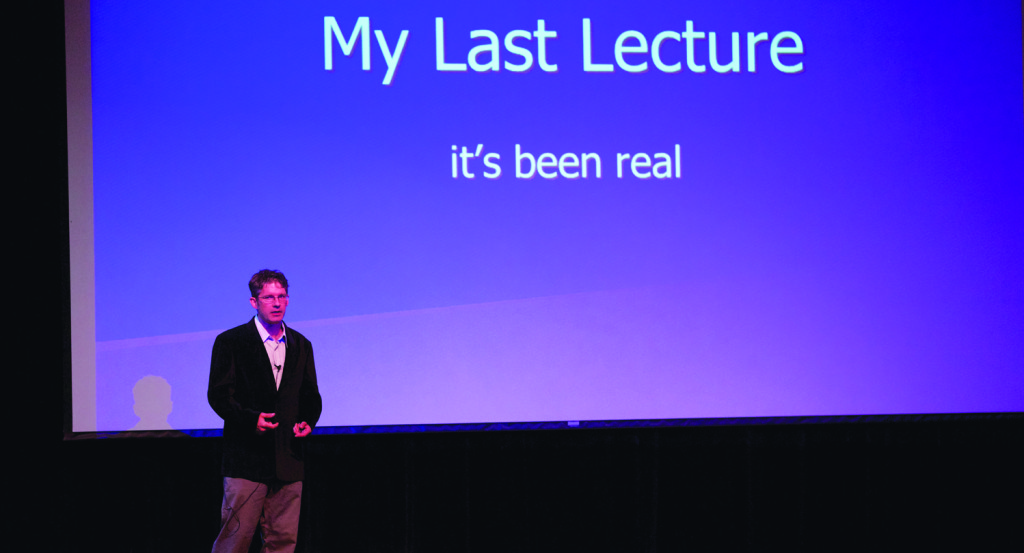ACADEMIC AFFAIRS BOARD
INTRODUCTION
Academic Affairs Board strives to improve the quality of undergraduate education by representing student needs. The board is team- and project-based. It’s goals include helping students define and accomplish their educational goals, and increasing communication among students, faculty, and administration.
FORUMS
The Academic Affairs Board hosted two important forums this year.
The first included Democratic Congresswoman Lois Capps, chair for the Democratic Party of Santa Barbara and UCSB graduate student Daraka Larimore-Hall, local State Assemblyman Das Williams, and James Joyce, a representative for State Senator Hannah-Beth Jackson. The topics discussed were marijuana legalization and the imposition of an oil severance tax. Each was discussed in terms of generating state revenues, some of which could be directed toward increasing funding for higher education.
The second forum was held in anticipation of the UC Regents meeting on May 14 and 15. Former A.S. President Harrison Weber, Literature and American Studies Professor Chris Newfield, and Economics Professor Jon Sonstelie spoke at the forum and gave different perspectives on reevaluating the California State Master Plan and what this means for higher education. This year, the UCSB Senate became the first UC to pass a resolution in support of reevaluating the Master Plan.
LAST LECTURE SERIES

Photo by Peter Vandenbelt/Daily Nexus
The Annual Last Lecture is now in its third year. The series was inspired by a lecture delivered by Carnegie Mellon Professor Randy Pauch when he was diagnosed with terminal cancer entitled “The Last Lecture: Really Achieving Your Childhood Dreams.”
This year students chose Dr. Robert Kennedy a lecturer in the Linguistics Department who teaches the popular Linguistics 20: Intro to Language and Linquistics. As reported by the Daily Nexus, Kennedy spoke about a wide variety of topics, including “about how language can sometimes be used to justify injustice, how misogyny is often masked as linguistic critique of women’s high pitch and why there is a tendency for people to say the filler word “like” so often. He also touched on the negative stereotypes mapped onto people who speak “African American English” and differences between English and languages rarely spoken today, such as Chumash — which uses a base-four counting system —and Guugu Yimithirr, which incorporates cardinal directions into everyday speech. Perhaps more importantly he spoke about how “his curiosity has made him happy and now he seeks to share that curiosity with the students he engages. In discussing his love of linguistics, Kennedy said he chose it as a major, instead of Latin, because he felt there was more to learn and explore. By talking about his own personal and professional endeavors, Kennedy said he is hoping to inspire students to fulfill their own passion and goals as well as possibly take another look into the field of linguistics.
“I’m hoping to … encourage the audience to be okay immersing themselves in the details of what they love to learn about, to be open to a different perspective on language usage,” Kennedy said.”
For their part, students enjoyed the lecture and were indeed inspired to both examine language more closely and to pursue what they’re passionate about.
STUDENT INITIATED DEMOCRATIC EDUCATION (SIDE)
AAB helped work to initiate this new program that would give undergraduates opportunities to teach. The SIDE Program Coordinator is currently tasked with helping create a new Letters and Science program that would allow students to teach a for-credit seminar. Please let us know if you have an idea for a student-led seminar!
STUDY JAMS
The Academic Affairs Board also hosted several midterm and finals study jams at the Pardall Center this year.
